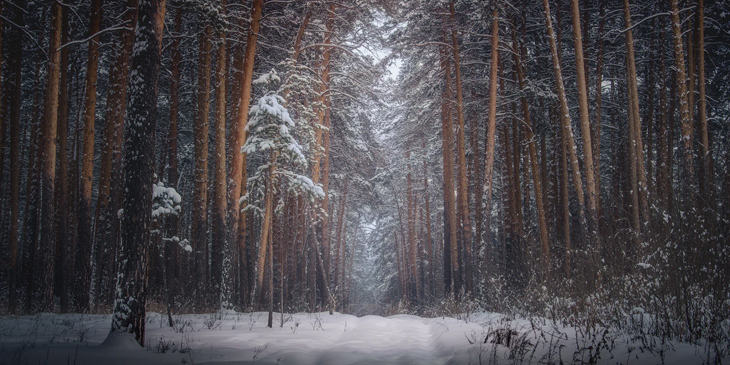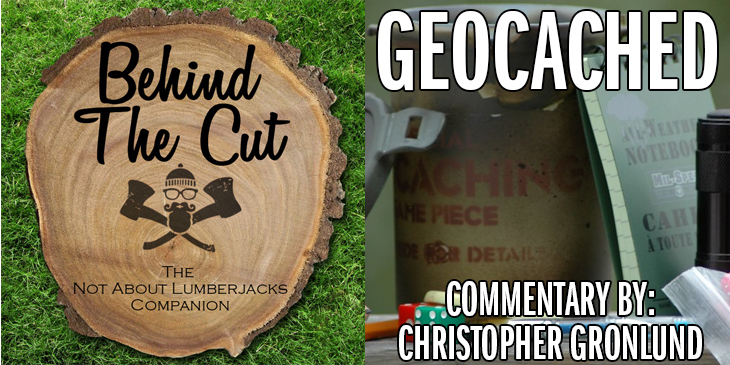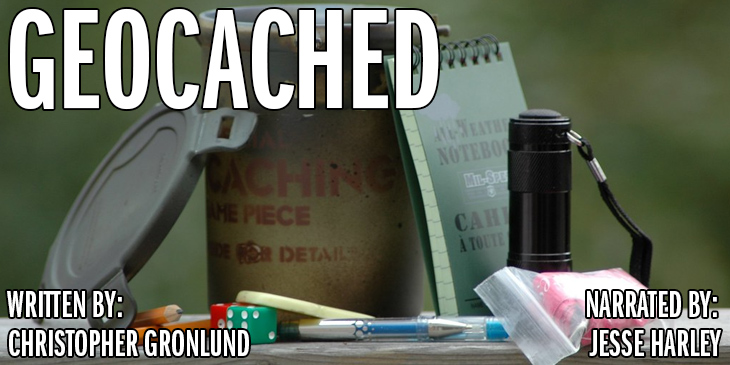
It was a good year for Not About Lumberjacks: six episodes totaling eight stories.
Two stories I wasn’t so sure about (Under the Big Top and The Cold of Summer) ended up favorite episodes of the year for some listeners. I talked a bit about mysteries and me during the Behind the Cut episode of “Under the Big Top,” about not being the biggest mystery fan out there, but still…appreciating the genre. As I look ahead to 2021, there will be at least one more mystery…and maybe even two.
2021 kicks off with a story about Death, and the rest of the year is the usual assortment of quirky tales, serious stories, and humor. (I might even redeem myself for the dread of Purvis in Year One with a lighthearted story about a bullied geek. [But man, I still think Purvis has the greatest ending of all the stories on the site!])
While Not About Lumberjacks has never been about download numbers for me (if you follow the show, you know most episodes get 40 – 50 unique downloads in the first week and eventually top out between 100 – 200), there seems to be consistent growth in 2020. Nothing huge, but enough that I hope to put out more than six episodes in the next year.
Each year, Not About Lumberjacks surprises me. Sometimes it’s a story I didn’t expect to be as liked as others blowing up (by this show’s standards, anyway), and other times it’s a story I knew would be very “me” ending up more touching than I hoped. It’s never lost on me how fortunate I am to have people appreciate how varied the episodes here can be. (I know many people want a familiar genre or feel to stories, and here, well…sometimes something actually literary is followed up by gutter humor that makes me laugh just thinking about it.)
So here’s to 2021! I might be jinxing us all if I say it’s guaranteed to be better than 2020, but that’s a low bar to cross.
But when it comes to Not About Lumberjacks, it’s a fairly tall order, and I’m excited to make next year even better!
Thank you so much for listening,
– Christopher




